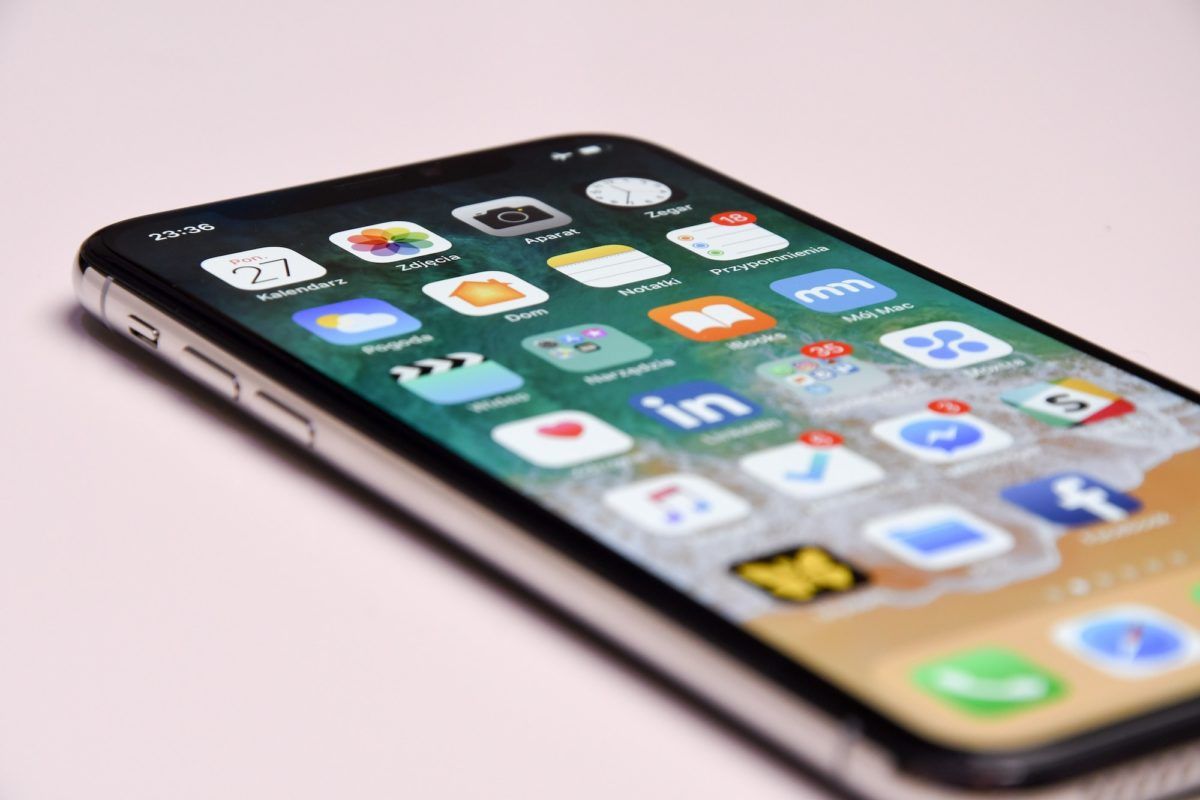Jeff Tinsley
How to Protect Yourself on Mobile Devices

How to Protect Yourself on Mobile Devices
In the past decade, smartphone use has grown substantially. Seventy-seven percent of U.S. adults own a smartphone, which is more than double the amount that owned a smartphone in 2011, and makes it one of the most quickly adopted consumer technologies in recent times. And now, mobile devices are getting more and more advanced, being used for tasks from job searching to reading books to online shopping and more. With how integral these devices are becoming in our lives, we must also make sure that we are still safe while using them.
According to company Panda Security, there were hundreds of vulnerabilities in mobile security between both Android and iOS devices as of 2018. These can be web-based, app-based, network-based, and even physical if someone gets a hold of your actual device. Being the CEO of MyLife.com, an Internet company, I want people to realize that there are different ways of staying secure as we even more to mobile. Here are some of the best ways you can protect yourself while using a mobile device.
Keep your phone software and apps up to date
This might seem like an obvious one, but I’ve heard several stories about parents or older people who refuse to update their smartphones because they believe that, “Every time I update my phone, it changes everything around.” While that change might be harder for some people to adjust to constantly, failing to do so can leave your mobile device vulnerable to viruses, malware and other online threats that may arise from web browsing or using suspicious apps.
So even if it’s inconvenient, the safest thing is to make sure your devices are up to date. Even further, downloading an antivirus or security app on your phone and keeping that up to date as well can let you know when you’re at risk, and that it’s time to check if your software or apps need to be updated.
Be wary of public wifi
Public wifi at your local Starbucks or the shopping mall might seem great, but it’s important to understand its limitations. First and foremost, these public wifi networks and hotspots aren’t exactly secure. Their public nature means they naturally have less security and are, for the most part, unmonitored, making it much easier for hackers or malicious parties to steal information through these connections.
For this reason, you should limit how you use your mobile devices when connected to public wifi. Avoid logging into accounts that use sensitive information, such as email or financial services, as well as any mobile shopping. These are all things you might be better off doing at home. But if you are on the go and need to utilize sensitive information, it’s much safer to use your phone’s data plan or to create a personal mobile hotspot. You can also use a VPN, which significantly bolsters your security.
Pay attention to what information apps ask for
These days, virtually every app will want your data and will request it from you upon first use. Mobile apps can intake a vast amount of information with even the most casual of actions. A Wall Street Journal article highlights how much data we give away just by ordering pizza and watching a movie on a night at home. And in 2018, it was discovered that Facebook had stored the phone logs of Android users who opted to share their contact list. With every app you use, whether for mobile games or social media or shopping, it’s essential to be aware that you’ll almost certainly be asked to give some information away.
Of course, the majority of apps are harmless, typically using information to allow for basic functionality. But be aware of when an app’s permissions seem ambiguous, and don’t be afraid to dig into privacy policies and permissions to get a detailed look at what the app is collecting. Also, be sure to delete any old apps that you no longer use, to be safe.
As the founder and CEO of MyLife, helping individuals control their online information is something I am deeply passionate about. I hope that these tips will give you insight into how you can extend that control to your mobile devices.